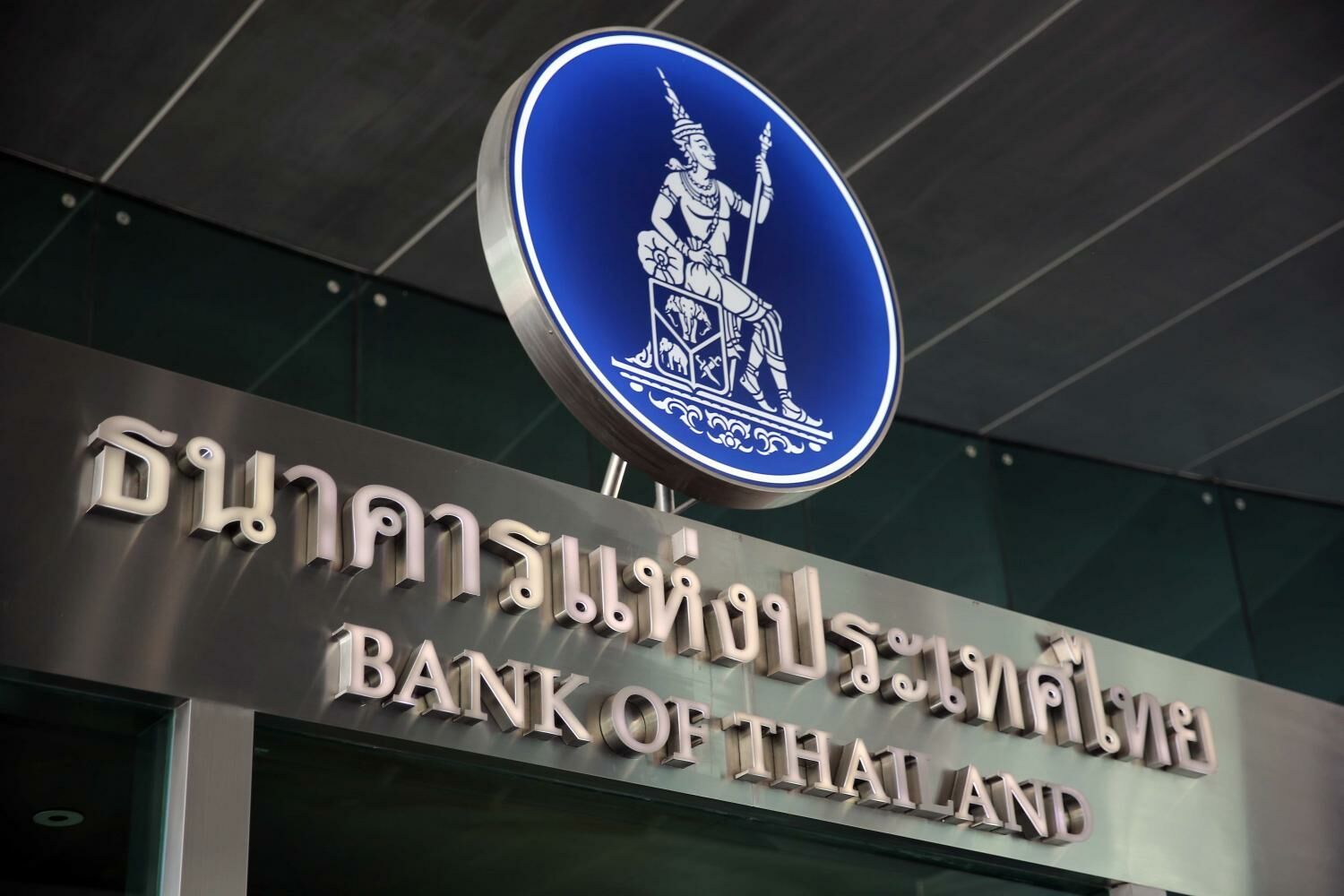Bond voyage: Political risks drive foreign exodus from Thai bonds

Increased political risks and the central bank’s reluctance to further cut interest rates are prompting the selling of Thai government bonds. Foreign investors have withdrawn over US$850 million from baht bonds this month, marking the largest monthly outflow since August last year, according to the Thai Bond Market Association.
This trend is expected to continue, with investment firm Abrdn plc finding better opportunities in other markets. Krungthai Bank Public Co anticipates benchmark yields to remain between 2.4% and 2.3% through the end of the year. As of October 22, yields closed at 2.4%, just before a public holiday.
The Bank of Thailand (BoT) indicated on October 22 that it would not hastily follow last week’s unexpected interest rate cut, despite government pressure to further ease monetary policy. Meanwhile, sovereign bonds in neighbouring Malaysia are likely to attract more foreign investment as the Malaysian government advances its fiscal reforms, said Pongtharin Sapayanon, head of Thailand fixed income at Abrdn Investments in Bangkok.
“Looking at where the yield levels are and a bit more constructive on currency, we probably prefer Malaysia than Thailand.”
The market is currently pricing a 50% chance of another BoT rate cut, leading to limited potential gains in current yield levels, according to Sapayanon.
Returns on Thai bonds for dollar-based investors have decreased by 3.3% this month, with the yield gap between Thai bonds and US Treasuries falling to a negative 184 basis points, the lowest since May. This gap is 1.5 standard deviations below the five-year average, making Thai bonds relatively more expensive compared to their Southeast Asian counterparts, according to Bloomberg.
Thai bonds
Political uncertainty is also a concern for investors, as ongoing investigations target the ruling party and other coalition groups for alleged connections to former Prime Minister Thaksin Shinawatra, said Jitipol Puksamatanan, head of investment strategy at Finansia Syrus Securities Plc in Bangkok.
“Outflows can continue because the political issue might not resolve itself soon and it is near to the US election.”
Markets are increasingly betting on a victory for Donald Trump in the upcoming US presidential election, which could lead to the imposition of broad trade tariffs on foreign-manufactured goods, reported Bangkok Post.
Even if the BoT adopts a more dovish stance in its December meeting due to trade war concerns, it may not be sufficient to lower yields, according to Poon Panichpibool, a strategist at Krungthai in Bangkok.
“There was selling pressure in emerging market assets amid Trade War 2.0, but the prospect of a weaker Thai economy and growing expectations of more BoT rate cuts may keep 10-year yield at bay.
“I do not expect further room for yields to move lower.”
Latest Thailand News
Follow The Thaiger on Google News:


























